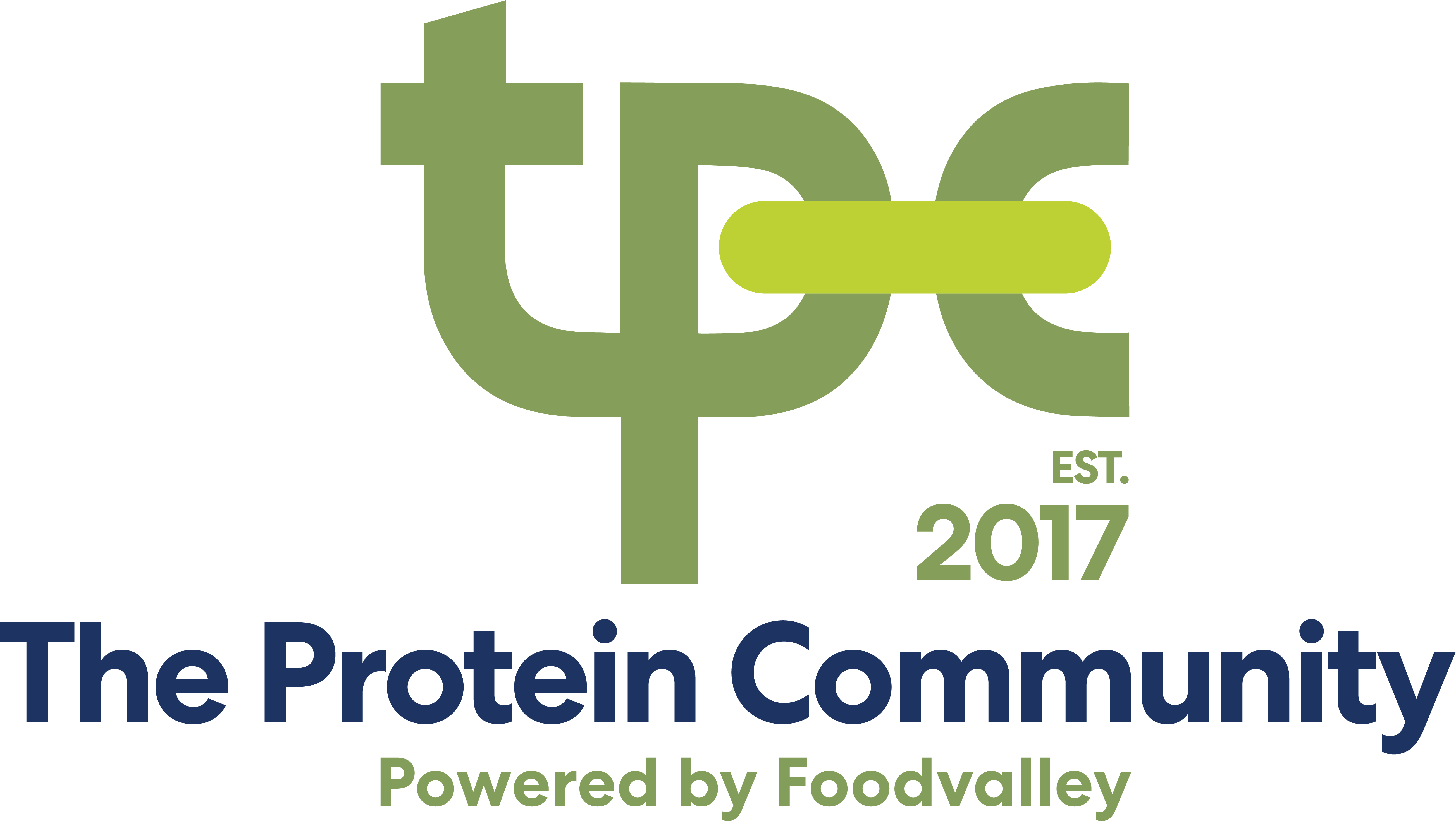Scaling up to maintain leadership position in protein transition
The Dutch market for alternative proteins is poised for significant growth, with projections suggesting it will surpass €10 billion by 2030. Despite the Netherlands’ global reputation for expertise in agriculture and biotechnology, startups and scale-ups in this sector encounter substantial scaling challenges. Foodvalley NL and Invest-NL have pinpointed these issues and proposed solutions for cultivating a robust Dutch ecosystem for alternative proteins. Their report, ‘Enhancing the ecosystem for alternative protein innovation: Strategies for scaling success,’ identifies several key barriers, including limited facility access, high operational costs, intricate regulations, and funding gaps. Through national collaboration, targeted infrastructure development, and innovative financing models, the Netherlands can bolster its position as a leader in food innovation.
Challenges in Scaling Up
Advancing the protein transition necessitates innovation, but startups and scale-ups in the alternative protein sector face numerous hurdles when moving from lab to commercial production. Existing pilot and demonstration facilities are insufficient to meet the growing demand, and restricted access to shared facilities causes delays in market entry. High operational costs, encompassing expenses for equipment, personnel, and raw materials, impose a heavy financial burden on shared facilities. Navigating the regulatory landscape for new food products adds another layer of complexity for these companies. Additionally, the critical funding gap between R&D and commercialization, often referred to as the “Valley of Death,” obstructs innovation and market penetration.
Recommendations for Advancing the Alternative Protein Sector in the Netherlands
To address these challenges and unlock the full potential of the alternative protein sector in the Netherlands, Invest-NL and Foodvalley NL have made several recommendations. Developing a national strategy that fosters innovation clusters and streamlines regulations is essential for stimulating growth. Government policies should support this initiative with consistent funding and infrastructure development.
Moreover, strategic investment in shared facilities is vital. Creating regional hubs with advanced shared facilities, backed by public-private partnerships, can expedite company growth. Implementing flexible access models will make these facilities more accessible and affordable for startups and scale-ups.
Additionally, expanding financial support mechanisms with vouchers, subsidies, and innovative financing models is crucial. Introducing bridge financing programs can also help to bridge the gap between the R&D phase and commercialization.
Download the report via the Foodvalley website by clicking the button below.
